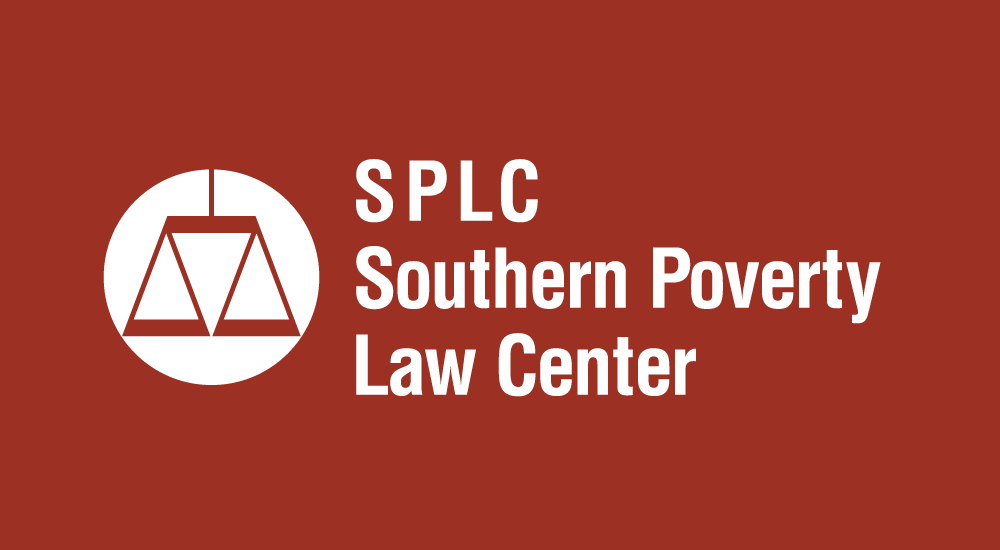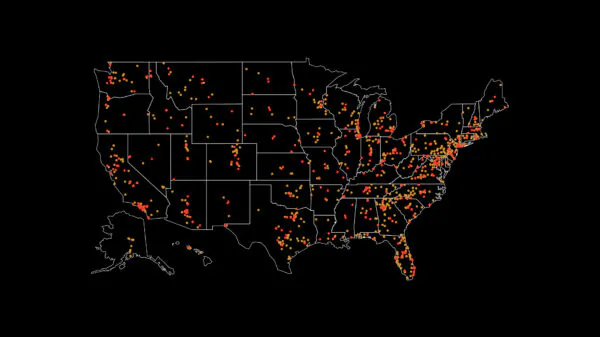The Southern Poverty Law Center (SPLC) and the Washington-Baltimore News Guild Local 32035, TNG-CWA (the Guild of WBNG) announced Monday their first collective bargaining agreement, covering approximately 250 of SPLC’s employees.
The contract reflects the values and commitment of both the SPLC and the Guild to social, racial and economic justice. Over the life of the three-year contract, the average wage will increase by more than 11 percent for employees. Beginning November 1,2022, the minimum wage for new SPLC employees will be more than $20 per hour.
“This contract can be a catalyst for economic and racial justice in the South and beyond,” SPLC president Margaret Huang and WBNG Executive Director Cet Parks said in a joint statement. “It will support all the SPLC employees who work every day to achieve a vision of a world where everyone can thrive and the ideals of equity, justice and liberation are a reality for all. The SPLC recently celebrated the first 50 years and with this historic contract, the SPLC and the Guild are in agreement that employees can have that same vision in the workplace.”
The Guild was certified by the National Labor Relations Board as the exclusive representative of the SPLC’s employees following an election in December 2019. Shortly thereafter, the SPLC and the Guild reached an agreement that provided just cause protection from discipline and discharge and a grievance procedure to enforce it. An interim agreement providing just cause protection is unprecedented in the Guild.
The Guild spent the next year surveying employees and drafting a contract proposal. The Guild presented its proposal to the SPLC and commenced bargaining in November 2020.
Other highlights of the contract include:
- Longevity pay increases
- 18 paid holidays, including an annual summer break for the week of July 4th; a guaranteed minimum of 20 vacation days per year and three paid personal days
- 12 weeks of paid parental leave and 12 paid sick leave days that can also be used for caregiver leave
- 10 days per year for bereavement leave, two weeks of paid leave for pregnancy loss, and two weeks of paid leave for gender affirmation care
- A high level of health benefits for employees and eligible dependents, including domestic partners and their dependents, at minimal cost to employees
- Up to 10% annual contributions to 401(k) retirement accounts
- Remote work provisions which allow nearly 90% of employees the flexibility to work away from the office at least three days a week
- Location differentials up to additional $8,500 per year
- Annual professional development of $1,500-$2,000
- Relocation stipends up to $9,500
- Adoption, surrogacy and fostering reimbursement of up to $15,000
- Cell phone reimbursement of $75/month for eligible employees
- Tuition reimbursement up to $15,000
- Paid sabbaticals after five years of employment
- A hiring preference for qualified internal applicants and a commitment to develop clear promotional paths
- Creation of a Labor Management Committee to address racial justice, equity and inclusion
- Protection against discrimination and a commitment to never require an employee to sign a non-disclosure agreement regarding complaints about discrimination and/or sexual harassment























































